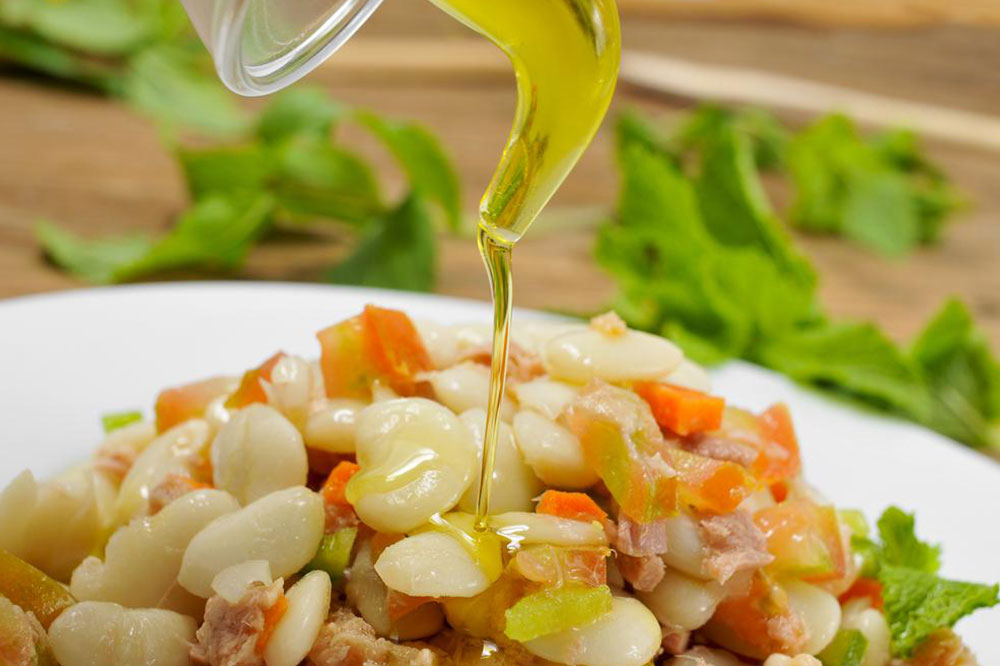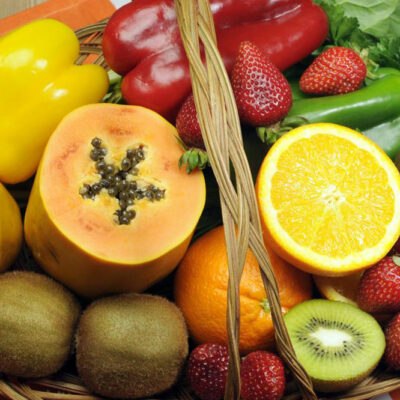
Nutritional Tips for Lymphoma
A type of cancer, lymphoma begins in the infection-fighting cells of the immune system in the human body. These cells are called lymphocytes. When a person is suffering from lymphoma, the lymph nodes change and grow out of control. Symptoms of this condition are swelling of lymph nodes in the armpits or groin, fever, shortness of breath, weight loss, and fatigue.
There are various treatments for this disease, but it has been found out that recovery is speedier if these are supplemented with adequate nutritional intake and lifestyle changes. The right diet helps in not just managing the condition but also recuperating from it post-procedure. Eating a well-balanced diet, maintaining your strength, and keeping yourself positive can help you recover fast. Here is a list of foods that help manage lymphoma.
- Green leafy vegetables
Green leafy vegetables like spinach, arugula, kale, and romaine have anti-inflammatory properties and antioxidants as well. Green leafy vegetables, fruits like berries, apples, lemons, oranges, and healthy carbohydrates like oats and whole grains are some of the foods that help manage lymphoma. - Cruciferous vegetables
Vegetables like Brussels sprouts, broccoli, rapini, cauliflower, cabbage, and turnips are rich in Vitamin B and magnesium. These can play a role in slowing down the growth of cancer cells in our bodies. Dietary fibers in non-starchy vegetables also help to reduce excess body fat and lower the risk of cancer. - Turmeric and ginger
The active substance in turmeric, curcumin, helps the body to detect and destroy certain mutated cells and also helps in decreasing inflammation. Ginger interrupts the cell cycle progression in the body and hence, inhibits the growth of cancer cells. - Protein-rich foods
The best foods that help manage lymphoma are protein-rich ones as they help in the process of repairing cells and tissues. Protein also helps your immune system to recover from any illness. Good sources of this nutrient include lean meats, eggs, low-fat dairy products, soy foods, and beans. - Whole grains
One can also include whole grains in their diet because they are a good source of carbohydrates and fiber. These food items keep your energy levels up. Oatmeal, brown rice, wheat bread, and whole-grain pasta fall under the category of the foods that help manage lymphoma. - Healthy Fats
It is a myth that all fats are bad. Some healthy fats are needed by the body because they are a good source of energy. They are found in nuts, seeds, avocados, and olive oil. However, one should stay away from fried food, greasy foods, and fatty foods.
Other nutritional tips for lymphoma
- Avoid alcohol
Alcohol contributes to dehydration in the body and also lowers the abilities of your immune system, making it crucial to stay away from it or at the very least, minimize its intake. - Limit your intake of sweets and added sugar
Foods that are rich in sugar provide no nutritional benefits and can instead lead to other health issues. - Stay hydrated
Before one looks for foods that help manage lymphoma, the first thing to do is to keep the body hydrated to control dehydration. Individuals should aim to drink at least 64 ounces of fluid and also limit their intake of caffeine.
Following good food safety habits like washing hands before every meal, using different knives for raw meat and raw vegetables, and refrigerating leftover food right away are some other tips to keep in mind.


